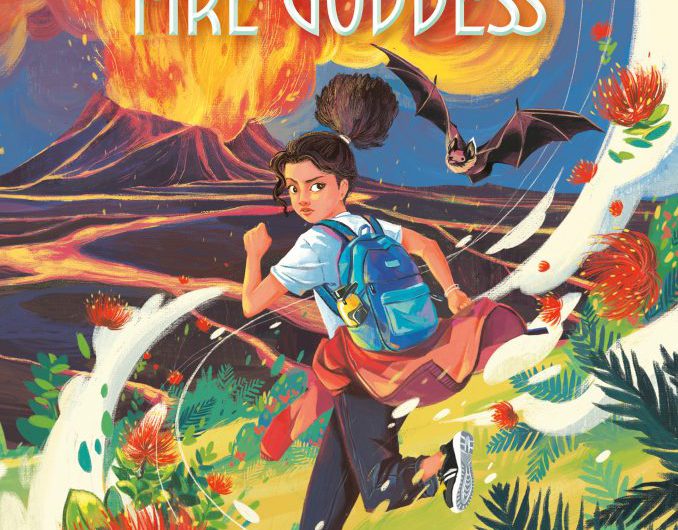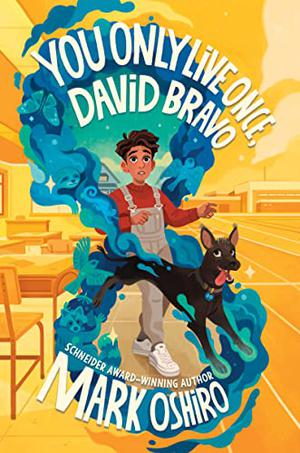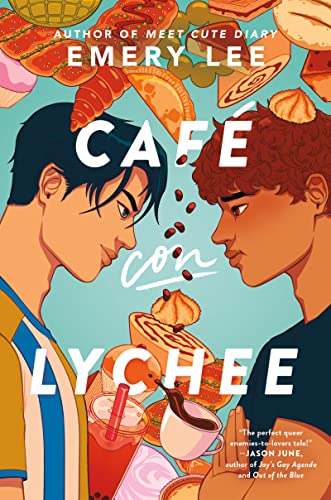Lei and the Fire Goddess by Malia Maunakea
Being of mixed race makes it difficult to know which part of the self to defer to or which part takes precedence. This is Anna’s dilemma in Malia Maunakea’s middle grade novel, Lei and the Fire Goddess. Anna Leilani Kama’ehu is of both western and Hawaiian descent. She has struggled to believe that her grandmother’s traditional stories about gods and goddesses are anything more than just stories. Likewise, she isn’t sure she wants the responsibility thrust upon her: that she is the keeper of the family stories or móolelo. Now that’s she’s twelve, Anna thinks her visits with her grandmother in the Hawaiian town ofRead More →





